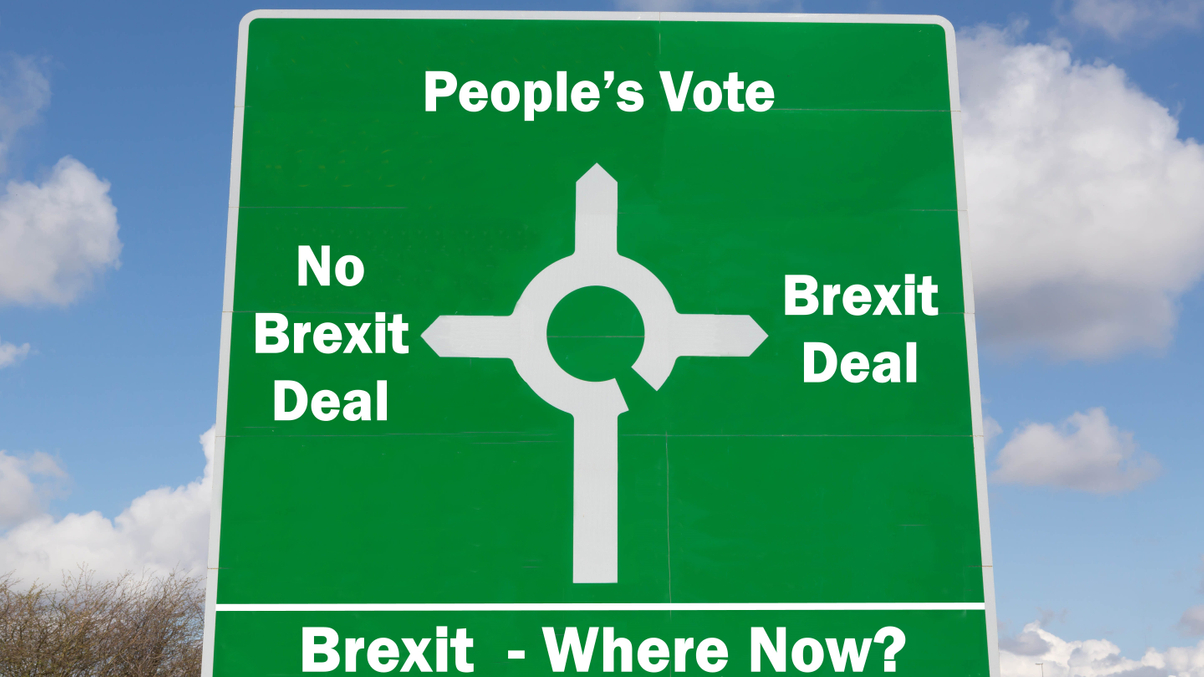Market Views: Bracing for Brexit
Four industry experts share their takes on Brexit and its investment repercussions, not least on the UK, as both a destination and a source of capital.

Brexit has brought to the table a whirlwind of uncertainty and tragi-comedic drama to historically one of the world's most stable democracies and its fifth-largest economy (just about), with potentially negative consequences for the world's largest trading bloc and, most of all, the UK.
Sign in to read on!
Registered users get 2 free articles in 30 days.
Subscribers have full unlimited access to AsianInvestor
Not signed up? New users get 2 free articles per month, plus a 7-day unlimited free trial.
¬ Haymarket Media Limited. All rights reserved.


